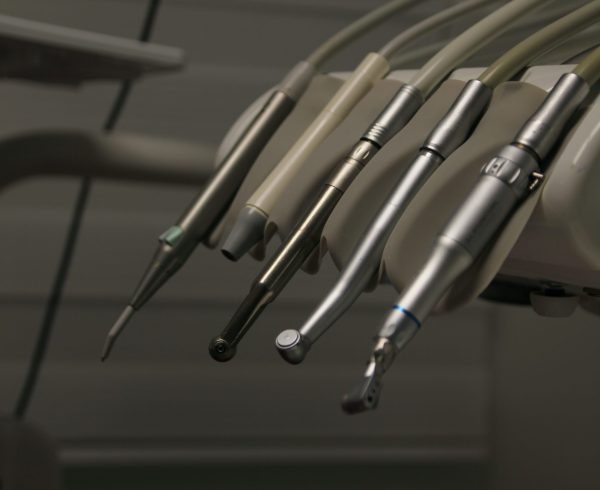A root canal has a particularly scary name that can scare even the bravest of patients. But there are a lot of misconceptions about the procedure. When you know the facts about a root canal, you will see that there is really nothing to be afraid of.
If you’ve been advised you need a root canal, you might start looking for an alternative. But the truth is, if your doctor recommended it, then it is the best option for you. Other potential treatments, such as a tooth extraction, have risks that make them a less desirable choice.
When Is a Root Canal Necessary?
A root canal is needed when there is an infection or inflammation in the soft tissue (the pulp) of the root of your tooth. The pulp contains blood vessel, nerves and connective tissue, which is why the damage can be so painful. A root canal is the best way to treat the tissue and relieve pain while maintaining the natural tooth, leaving a normal biting force, sensation and chewing, and protecting other teeth from excessive wear or staining.
Will It Hurt?
There is a common misconception that root canals are morbid and painful, probably because this was true decades ago. But today, modern technology and anesthetics allow root canals to be no worse than a routine filling. Most patients express that they are pleasantly surprised by the procedure and will often describe it as painless.
What Happens During a Root Canal?
Once it is determined that you need the root canal, you may be prescribed an antibiotic which will help with the infection of the tooth and prevent it from spreading. Like most dental procedures, the doctor will begin with administering a local anesthetic to numb the tooth, so you won’t feel pain during the procedure. The doctor will then open the crown of the tooth and use very small instruments to clean out the pulp. After the space is cleaned and shaped, the root canal is temporarily filled with gutta-percha (a rubber-like material) and then sealed off with an adhesive. After a root canal visit, your tooth may feel a bit sensitive, but this is more likely to the infection rather than the procedure itself.
During a later visit, your temporary filling will be replaced with a crown (or other form of restoration, if recommended) which will restore the tooth to its full function.
In some cases, the treated tooth may be too fragile to hold the crown in place. In this case, the doctor may place a post in the tooth to provide additional support.
If left untreated, damage of the pulp will only get worse and cause more pain and discomfort. The most important thing to remember is that your dentist has your best interest at heart. If a root canal is recommended, then it’s the best course of action to alleviate the irritation you are experiencing. The reality is that root canals are increasingly routine and painless. The vast majority of people will have a successful treatment that will leave their mouths feeling much better with improved oral health.







Leave a Comment